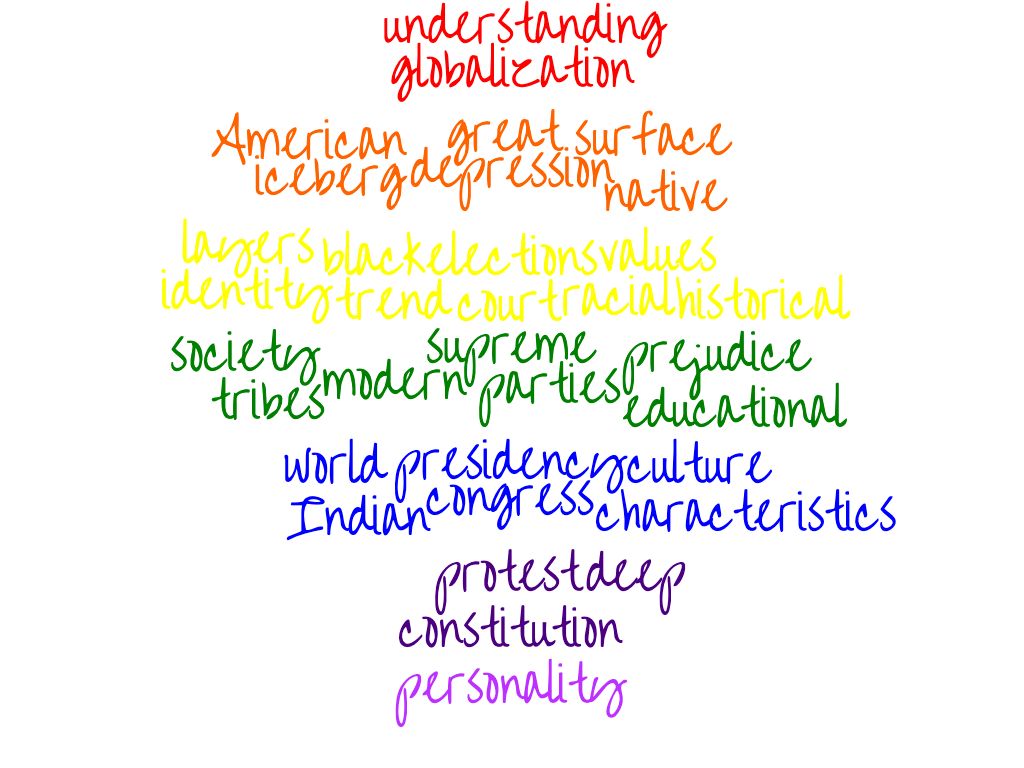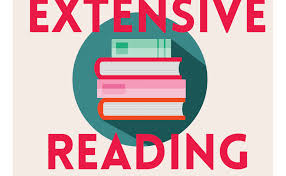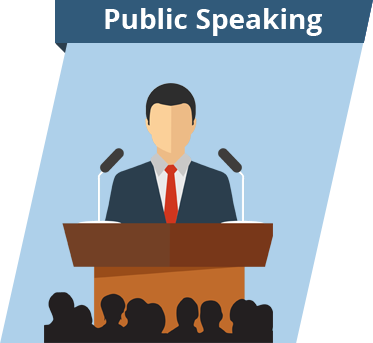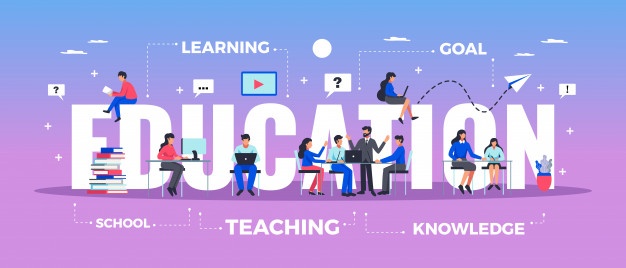 ESEFA COURS
ESEFA COURS
7 Cours

Culture and Society in the US
Course Rational and Objectives:
This course aims to initiate students to the different components that make American identity. It sheds light on historical milestones in American society that have helped in the shaping of American nationals. Finally, it offers students a better understanding of the values that the American society endorses. It is hoped that by the end of the course, the students will have:
- a clearer picture of American history;
- a good understanding of the major events that deeply helped in the making of the American personality;
- the capacity to distinguish the intrinsic values that the American culture has;
- a good idea about the place of the the US in world history and culture;
- an understanding of the major characteristics of American culture and society as it has affected the world during the last century.
Course Content:
1. Defining Culture/American Culture
What is Culture?
Layers of Culture
Culture and Society
What is American Culture?
2. Native American Culture
The Red Indian Tribes
Aspects of Native American Culture
3. The Building of the American Nation
The First Americans
George Washington and the American Revolution
Abraham Lincoln and the Civil War
4. The Political System of The US
The Constitution
The Presidency
Elections
The Congress
The Supreme Court
Political Parties
5. Modern America and The World
The Golden Twenties and the Great Depression
Racial Prejudice and the Black Protest
Globalization as an American Trend
The Educational System

Extensive Reading
Course Descriptive and Objectives:
ER develops learner autonomy.
Reading is, by its very nature, a private, individual activity. It can be done anywhere, at any time of day. Readers can start and stop at will, and read at the speed they are comfortable with. They can visualise and interpret what they read in their own way. They can ask themselves questions (explicit or implicit), notice things about the language, or simply let the story carry them along.
ER offers Comprehensible Input.
Reading is the most readily available form of comprehensible input, especially in places where there is hardly any contact with the target language. If carefully chosen to suit learners’ level, it offers them repeated encounters with language items they have already met. This helps them to consolidate what they already know and to extend it. There is no way any learner will meet new language enough times to learn it in the limited number of hours in class. The only reliable way to learn a language is through massive and repeated exposure to it in context: precisely what ER provides.
ER enhances general language competence.
In ways we so far do not fully understand, the benefits of ER extend beyond reading. There is ‘a spread of effect from reading competence to other language skills ~ writing, speaking and control over syntax.’ (Elley 1991) The same phenomenon is noted by Day and Bamford (1998: 32-39) but they even note evidence of improvements in the spoken language. So reading copiously seems to benefit all language skills, not just reading.
ER helps develop general, world knowledge.
Many, if not most, students have a rather limited experience and knowledge of the world they inhabit both cognitively and affectively. ER opens windows on the world seen through different eyes. This educational function of ER cannot be emphasised enough.
ER extends, consolidates and sustains vocabulary growth.
Vocabulary is not learned by a single exposure. ER allows for multiple encounters with words and phrases in context thus making possible the progressive accretion of meanings to them. By presenting items in context, it also makes the deduction of meaning of unknown items easier. There have been many studies of vocabulary acquisition from ER (Day et al 1991, Nation and Wang 1999, Pigada and Schmitt, 2006). Michael Hoey’s theory of ‘lexical priming’ (Hoey 1991, 2005) also gives powerful support to the effect of multiple exposure to language items in context.
ER helps improve writing.
There is a well-established link between reading and writing. Basically, the more we read, the better we write. Exactly how this happens is still not understood (Kroll 2003) but the fact that it happens is well-documented (Hafiz and Tudor 1989) Commonsense would indicate that as we meet more language, more often, through reading, our language acquisition mechanism is primed to produce it in writing or speech when it is needed. (Hoey 2005).

Public Speaking and Debating 1
1. Introduction to Speech Communication
2. Effective Speech Delivery
3. Types of Delivery
• Impromptu
• prepared
4. Informative Speaking
5. Preparing your Message
• Analyzing Audience / Occasion
• Finding the Topic / Writing Purposes
• Gathering Information
• Organizing and Outlining
• Practicing Properly
6. Presenting Information Effectively
• Verbal Support Materials
• Demonstrations and Other Visual Aids
• Language and Style
7. Practice: Speeches, presentations
References
•
Davidson, J. (2003). The Complete Guide to Public
Speaking, John Wiley & Sons, Inc.
• Lamerton, J. (2001). Public Speaking, Everything you Need to Know, HarperCollins
Publishers.
• Lucas, S. E. (2009). The Art of Public Speaking, 10 th edition, McGraw Hill.
• Nelson, P. E. and J. C. Pearson, (2001). Confidence in Public Speaking, Roxbury Publishing
Company.
• Oliver, S. M. (ed.) (2004). Handbook of Corporate Communication and Public Relations,
Pure and Applied, Routledge
• Jaffe, C. Public Speaking: Concepts and Skills for a Diverse Society .U.S.A: George Fox
University. 2004 (4th Edition).

us culture and society
This course examines American institutions, cultures, and society by providing students with knowledge of the concepts, principles, and attitudes on various topics such as American identity, government, politics, and religion in order for students to gain a deeper understanding. Students will analyze and synthesize multiple kinds of primary sources (such as speeches, fiction, film, music, art) and disciplinary perspectives (sociology, history, economics, cultural studies, ethnography) to better appreciate the diversity of U.S.-American lives and cultures. Students will have a virtual tour the nation’s centers for art, community activism, and politics and explore political and economic affairs, international relations, social change, literature, drama, music, and fine and popular arts in American history. Students will examination how race, ethnicity, class, gender, age, region, nationalism, and other variables shape particular American experiences and institutions. Rotating topics include early America, modern America, public health, the American West, indignity, criminal justice, immigration, disability, environmentalism, activism, literary movements, and the American imagination.


